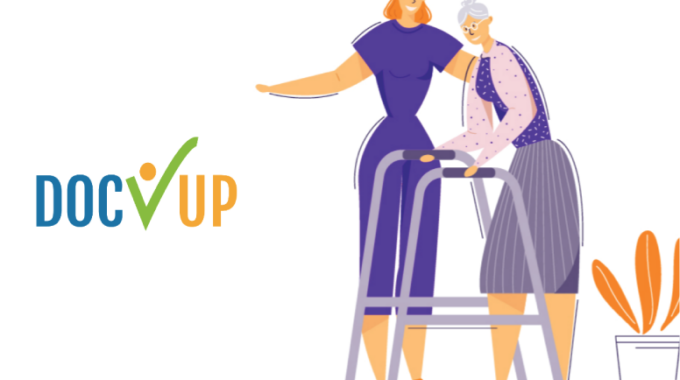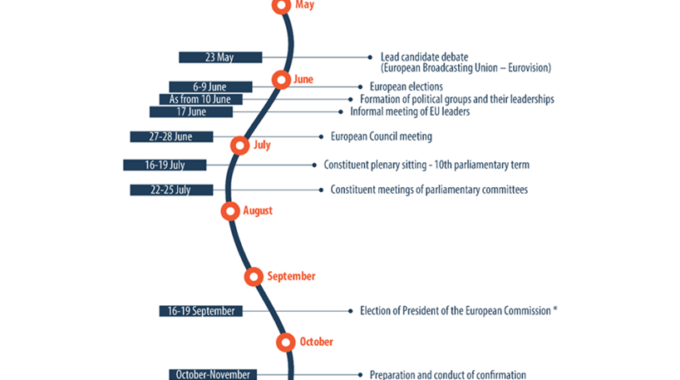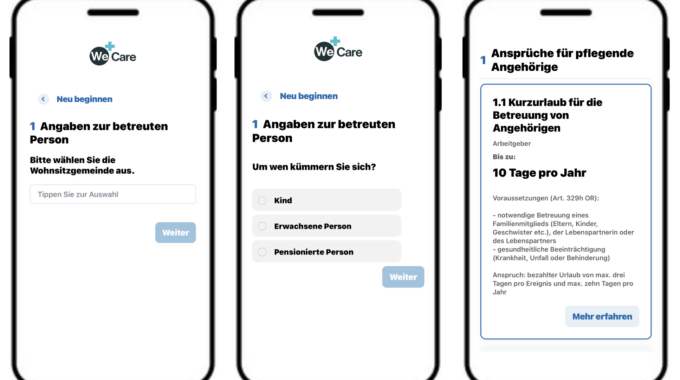
What did the care sector learnt from the pandemic? A report of the DoCUp project
DoCUp is a 28-months Erasmus Plus project that aims to equip domestic care workers with a mix of social care, transversal, and attitudinal skills to ensure resilient employment pathways able to respond to challenges such as those raised by the COVID-19 pandemic.
Coordinated by the Folkuniversitetet of Uppsala (Sweden), the DoCUp Consortium is composed of 5 institutions and organizations based in Italy (Anziani e non solo), Greece (Promea), Spain (Infodef) and Poland (University of Humanities and Economics in Lodz) active in education and training and support to innovation in care services.
The DoCUp project partnership has completed a review aimed to identify the impact of COVID-19 on skills of care workers and to provide suggestions on how training curricula could be updated to respond to the new challenges raised by the pandemic.
According to research results, it emerges that many countries identify the need to support the mental health of care workers, which has been challenged by the COVID-19 and its restrictions: psycho-educational programme to manage stress and anxiety and to prevent burn-out are suggested from different sources. On the other hand, it is highlighted how the pandemic has worsened the symptoms of care recipients, in terms of depression, isolation and challenging behaviours and how, therefore, professionals should be trained to better deal with them as well.
The pandemic also made clear how much the care sector can integrate the use of ICT to provide remote care when needed: in this sense, it is necessary that care workers develop more technological skills.
Finally, it is highlighted that knowledge related to infection prevention and the correct use of PPE has become more important than ever and that specific attention should be paid to this topic in planning the training of care professionals.
More generally speaking, research highlights the shortage of trained staff in the care sector and the specific challenges related with the predominantly migrant background of care workers, which makes it necessary to consider cultural and linguistic barriers when designing and implementing a training programme.
More information about the project at: https://docuproject.eu/
To download the full report: https://docuproject.eu/download/293/
DoCUp is funded by the Erasmus Plus programme of the European Commission under the Key-Action 2 “Cooperation partnerships in adult education” under the Grant Agreement 2021-1-SE01-KA220-ADU-000028268.
Disclaimer: The European Commission support for the production of this publication does not constitute an endorsement of the contents which reflects the views only of the authors, and the Commission cannot be held responsible for any use which may be made of the information contained therein





